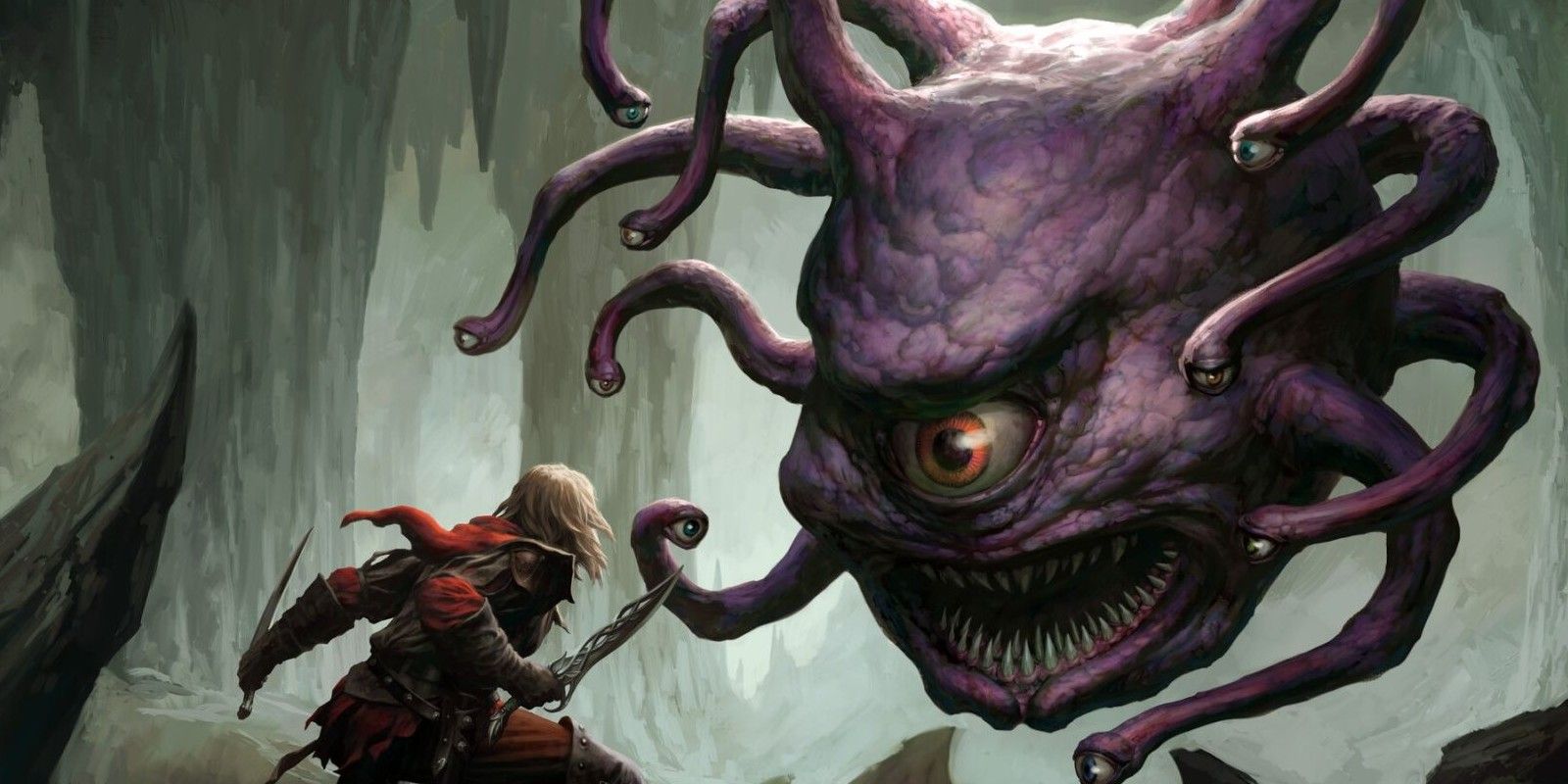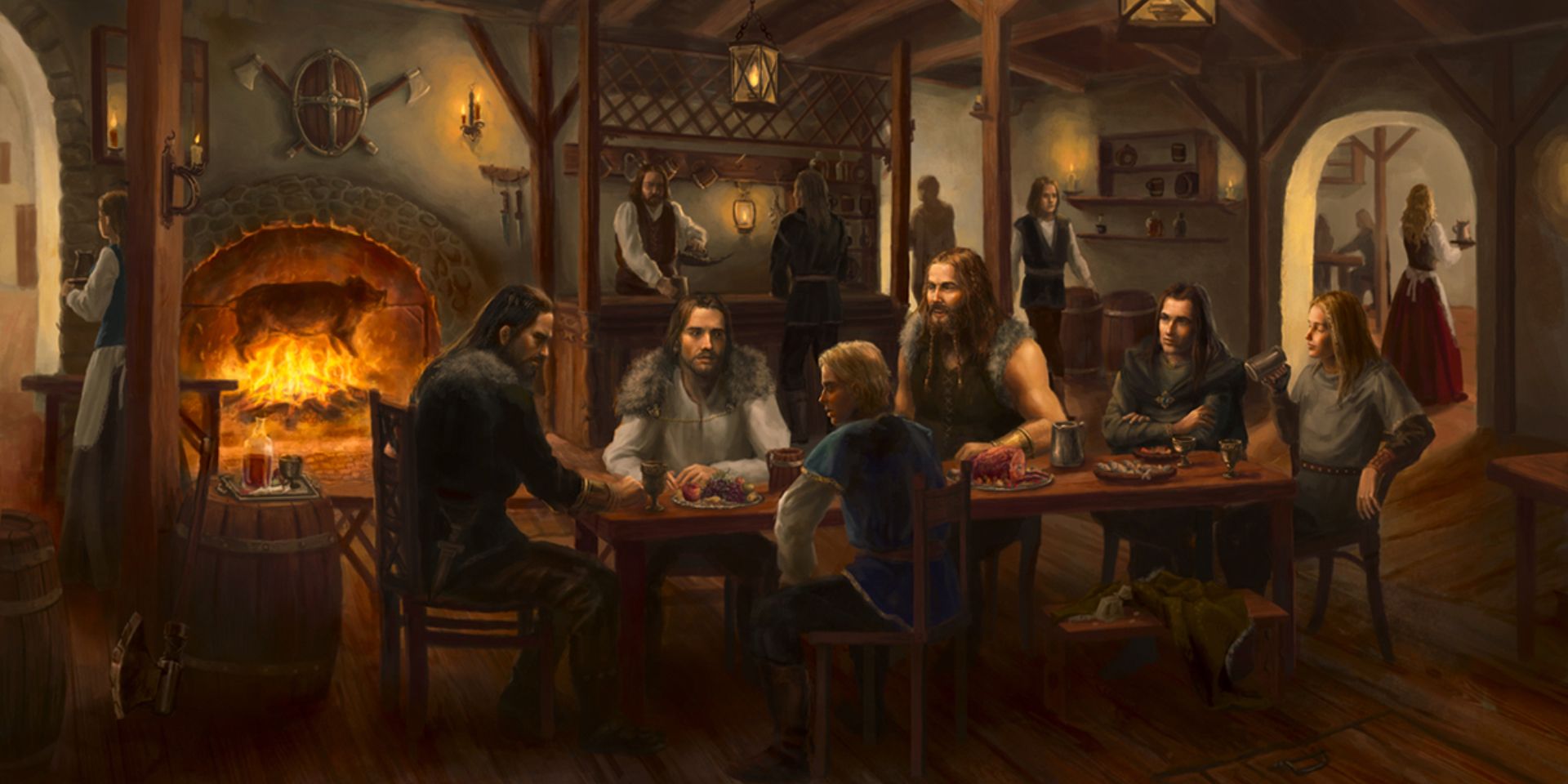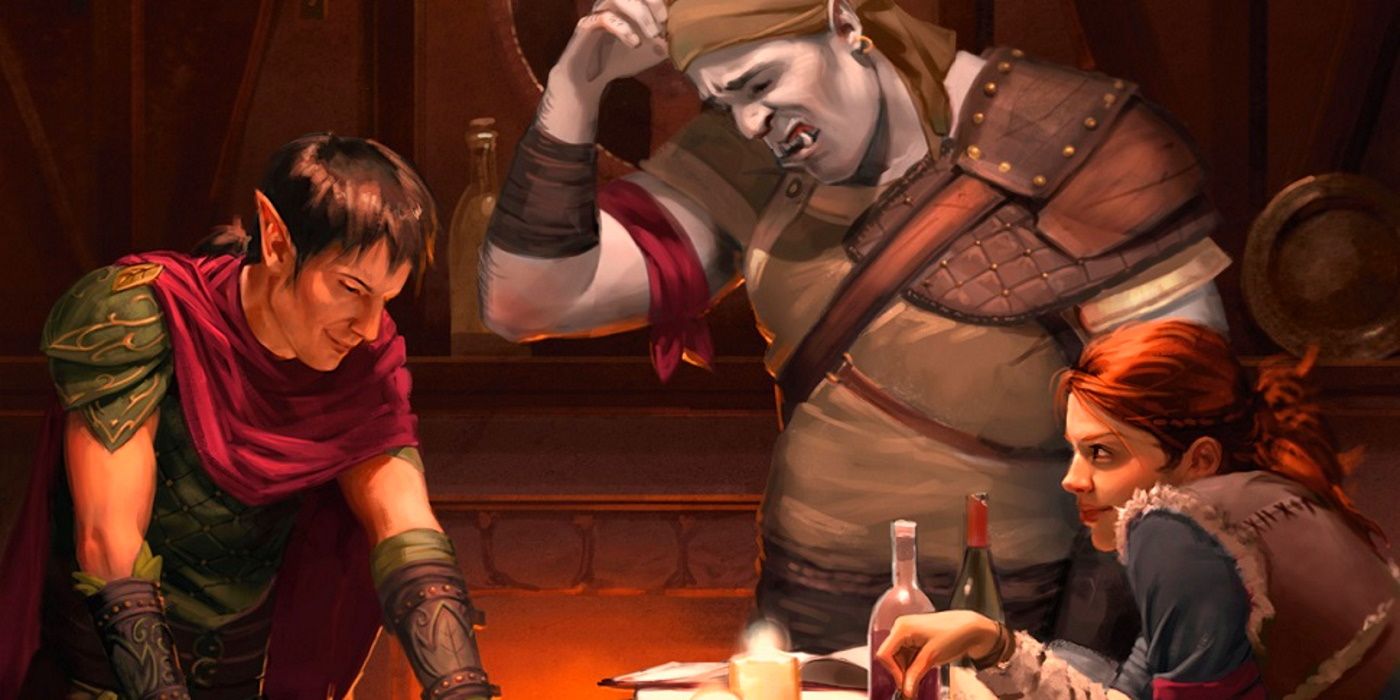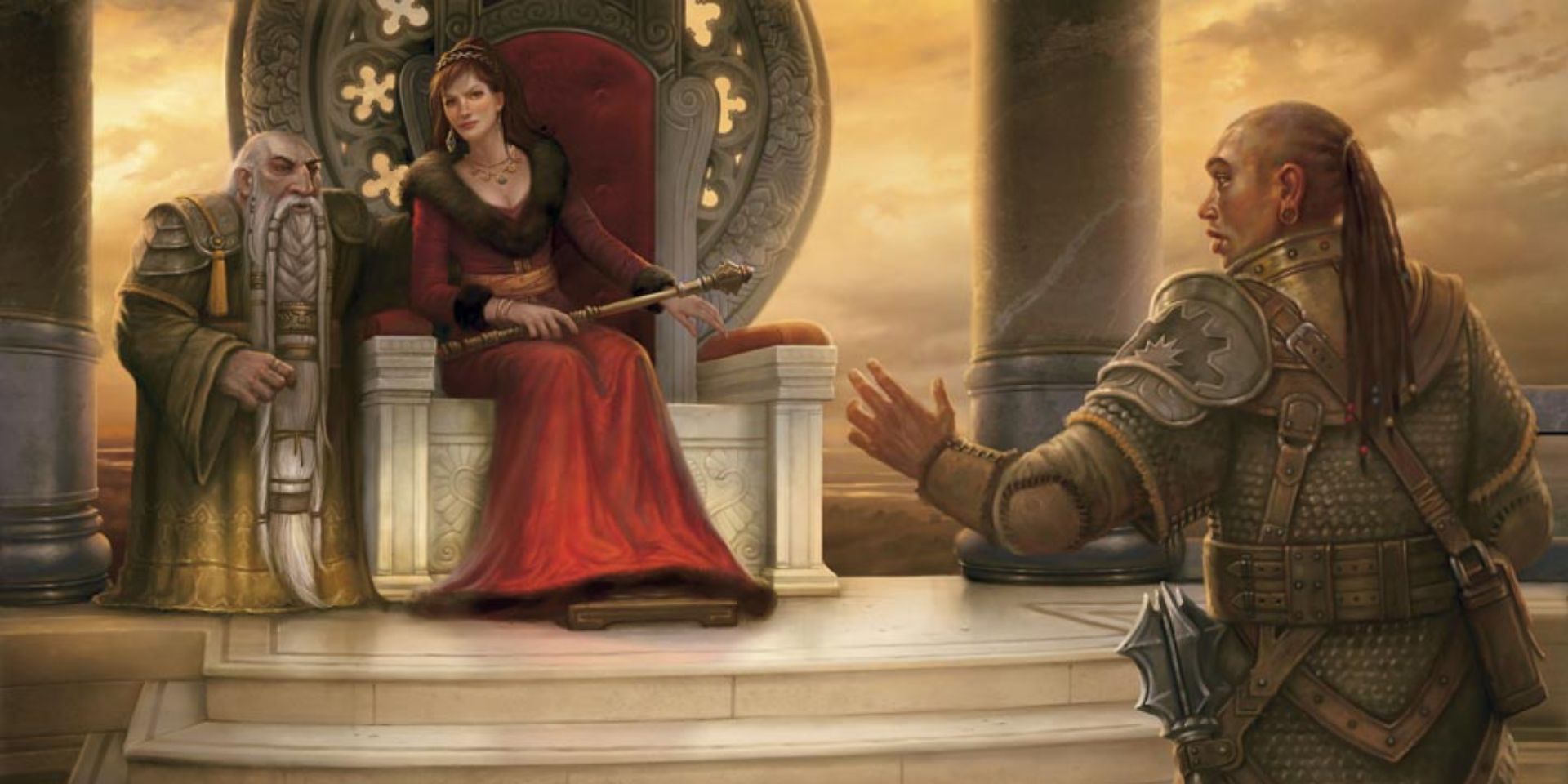The tabletop game of Dungeons and Dragons is based entirely on using one's imagination within a set of rules, but sometimes Dungeon Masters (DMs) might be better off bending those rules if it will make the game go more smoothly and help ensure everyone has a fun time playing the game. The personalities and needs of the players in a campaign need to be taken into account, as well as that of the DM. Some rules may apply for one group but would be better off being ignored for another - and that's okay. DnD is a game that should be enjoyable for everyone involved.
DMs already have a lot of pressure put on them with managing the flow of the game and the story while role-playing as NPCs and monsters, and keeping track of rules. DMs can spend lots of time prepping for a DnD session, only to have the players decide they don't like the look of that area and want to skip it and find something else to do instead. That's part of the beauty of DnD though: the imagination, creativity, and openness of being able to make the game into what is going to be the most enjoyable for everyone. Rules can give consistency and important boundaries for how the game can be played; however, there are several DnD rules that DMs really don't need to stress themselves out about. Here are a few rules, from 5e in particular, that could probably slide depending on the DM's preference.
DnD 5e's Rule of Food and Water Can Be Skipped
A basic rule of DnD is that characters need food and water. However, this is also a rule that can be easily forgotten about and could cause a lot of frustration at times. Essentially, this rule pulls in DnD's exhaustion mechanic so that characters who do not eat and drink a certain amount each day will suffer from a debuff of exhaustion points, which lasts until they remedy the situation by eating and drinking. The rule makes sense: In real life, people would certainly suffer a disadvantage when they do not eat or drink. While busy adventuring, it is not as easy to remember as the character's stomach is not going to growl to remind them, nor is it always practical for characters to have many gallons of water carried with them into a dungeon. Logically, this DnD rule makes sense, but it's not going to destroy the campaign if ignored.
DnD 5e's Carrying Capacity & Encumbrance Isn't Necessary
Carrying capacity is one of those rules that some people love for the realism it provides and the creative ways it prompts players to seek out solutions, while others just find it an annoyance that distracts from the game. DnD's standard carrying capacity rule isn't that difficult to understand. Characters can hold weight equal to their strength multiplied by 15, which is generally quite a lot. The rules in the Player's Handbook even specify that typically, the character's carrying capacity is high enough that most people don't need to worry about it unless they are holding a preposterous amount of items. Often as characters reach higher levels they will have already gotten a Bag of Holding or other means to easily carry objects.
What can be difficult and unpleasant about this DnD rule is calculating the weight of every item, including coins, that characters have on them. This can be especially upsetting when looting in dungeons or fighting monsters. The time it takes to calculate weights and see which characters can carry different items can pull players away from a focus on DnD roleplaying and immersion in the game to instead be calculating bag space. For other players, however, this rule is a thought-provoking one that prompts decisions and creative solutions; therefore, DMs need to make the decision of whether to follow it.
DMs Don't Need To Stress Over DnD's Rules of Inspiration
The mechanic of DMs awarding inspiration to players is supposed to help encourage proper roleplaying in DnD, as DMs grant inspiration when a player has done something that is true to the character's personality traits and is a meaningful interaction of some kind. This can include positive or impressive actions by the character or even when the player has their character act in a way that would be damaging to the party's current circumstances because it is how the character would truly have acted in that situation.
Inspiration would give an advantage on a player's next roll, and therefore is a fantastic reward. It can also help DMs to encourage shy players to roleplay in a session. However, this mechanic can pose problems depending on the group of individuals at the table. For some, the DM's choice may seem to favor certain people and could even cause hurt feelings when someone feels they deserve it. In other cases, players may feel it is just an arbitrary DnD mechanic.
For any DnD session, the most important thing for a DM to remember is that it's okay if they don't get it right. They are the authority and therefore have the power to make a judgment call if needed. Sometimes stopping to look up a rule in the book can be a disruption to the flow of the game. The DM is charged with making rulings on a variety of topics that come up over the course of the game.
Wizards of the Coast's official Dungeons & Dragons material is heavily detailed and has many rules. The nature of tabletop games such as these, however, is that it doesn't have to follow a script. Many DMs follow house rules and homebrew their own content for their players to create the atmosphere of fun and camaraderie that they are looking for at their table. As long as everyone is on board and a rule doesn't keep changing throughout the game, there is nothing wrong with bending things a bit. DMs always have the final say, and ultimately the point of it all is to have fun.




